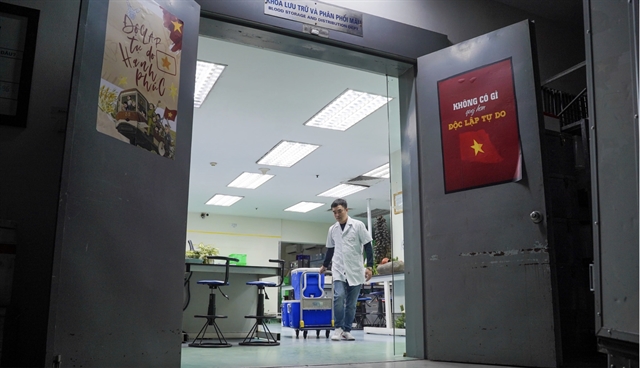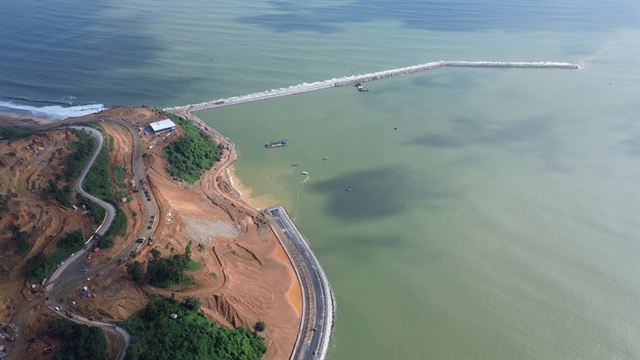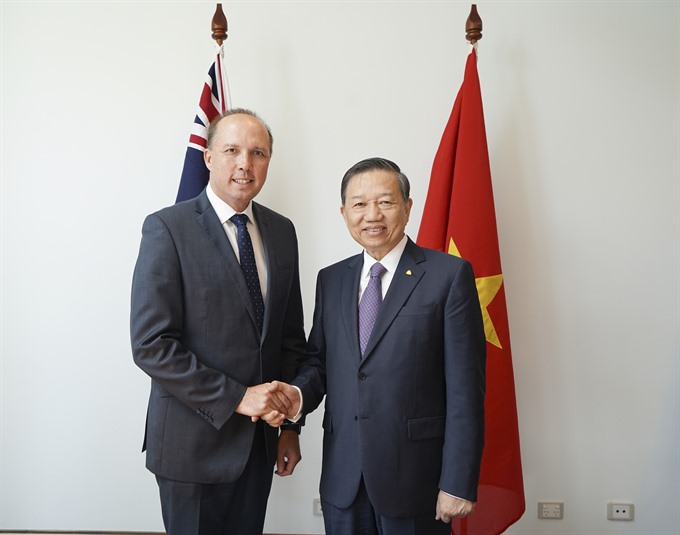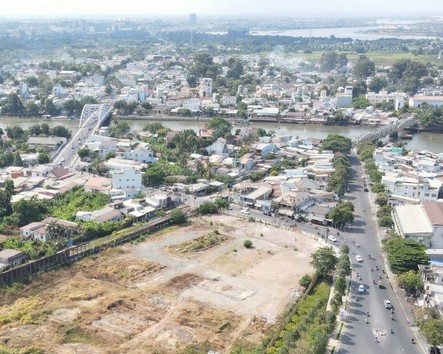 Society
Society

" />Australia and Việt Nam have signed a Memorandum of Understanding (MOU) that provides a formal framework for the return of Vietnamese nationals with no legal right to be in Australia.
 |
| Colonel General Tô Lâm, Việt Nam’s public security minister (right) is with Peter Dutton, Australia’s minister for immigration and border protection. — Photo Courtesy of Australian Embassy in Việt Nam. |
CANBERRA — Australia and Việt Nam have signed a Memorandum of Understanding (MOU) that provides a formal framework for the return of Vietnamese nationals with no legal right to be in Australia.
The agreement was signed in Canberra on Monday by Colonel General Tô Lâm, Việt Nam’s public security minister, and Peter Dutton, Australia’s minister for immigration and border protection. It takes into account not just Vietnamese citizens already in Australia but also those trying to enter it, including those intercepted at sea.
Dutton said this was a significant milestone in Australia’s bilateral relationship with Việt Nam and an important part of its broader efforts to counter irregular migration in the region. “The coalition government is committed to protecting our borders, stamping out smuggling of people and preventing people from risking their lives at sea,” he said.
Since 2015, the two governments have been working together to return 113 Vietnamese nationals travelling in three vessels intercepted by the Australian Border Force under Operation Sovereign Borders. “Australia’s borders are stronger than ever and our tough border protection policies are here to stay,” Dutton said.
He said that both countries look forward to strengthening bilateral immigration and their border protection relationship, which is underpinned by shared interests in facilitating trade and migration in the region. Currently, bilateral cooperation includes regular dialogues, training and capacity-building initiatives. — VNS



